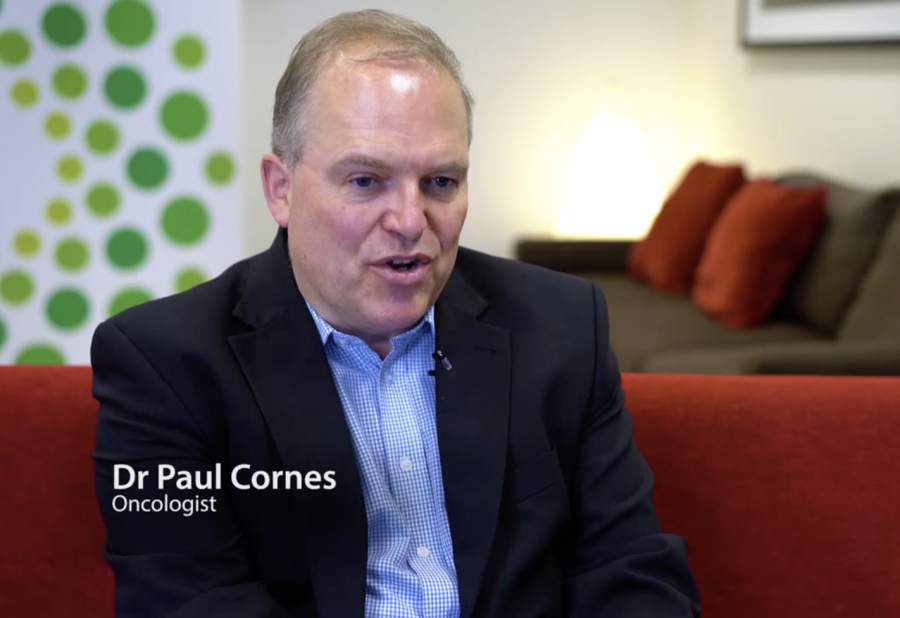In an exclusive interview, UK oncologist Dr Cornes told PharmaDispatch biosimilars are fundamental to solving the growing issue of healthcare affordability - enabling wider patient access to the latest medicines while delivering savings to the PBS.
He has been in Australia as a guest of the Generic and Biosimilar Medicines Association to meet with a range of stakeholders, including the Reference Group for the $20 million Biosimilar Awareness Initiative.
Dr Cornes is part of the steering group for the European School of Oncology Working Party on Access to Innovation in Cancer Treatment.
According to Dr Cornes, when it comes to biosimilars the advantage is economic. "It pays back to the health system, makes your insurance, makes your taxes less in the future or it enables more people to get treatment."
"People worry that less cost means less good and that's certainly not true. So all that we know for well regulated countries is that biosimilars are similar in action, dissimilar in price, and their most important role is in increasing access to treatment."
"The opportunity of biosimilars is enormous," says Dr Cornes. "If you could increase five-fold the access to treatment with no more drug budget it would make a big impact."
He says both clinicians and government have a role in promoting the uptake of biosimilars.
"Why wouldn't clinicians do something that seems so obviously good?" he asks.
"The drug regulator for Australia TGA has said quite clearly biosimilar drugs have no clinically meaningful difference from the originator drug. A patient wouldn't be able to tell whether they're on one or the other. The risks and benefits are the same."
Referring to infliximab, he says it "seems strange" that after one year 96 per cent of sales in Denmark are the biosimilar and just 3 per cent in Australia. "So, what is it that doctors in Denmark know that doctors in Australia don't know?"
In relation to governments, Dr Cornes says of course they want doctors to use equally effective but less expansive drugs. "I worry that if doctors and pharmacists don't lead on this they will have to be led."

